Town End Junior School
English
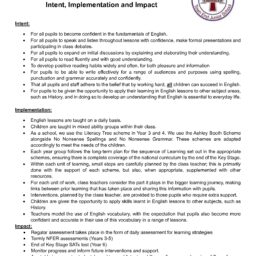 |
English-3-Is.pdf
English 3 I\'s.pdf application/pdfEnglish 3 I's.pdf Open Download Copy Link 119.38 KB 2023-10-23 23 October 2023 2023-10-23 23 October 2023 |
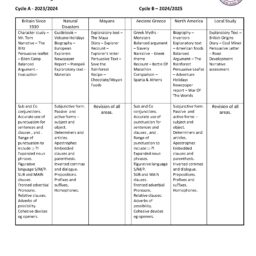 |
Long-Term-Plan-Upper-Key-Stage-Two.pdf
Long Term Plan - Upper Key Stage Two.pdf application/pdfLong Term Plan - Upper Key Stage Two.pdf Open Download Copy Link 116.76 KB 2023-10-23 23 October 2023 2023-10-23 23 October 2023 |
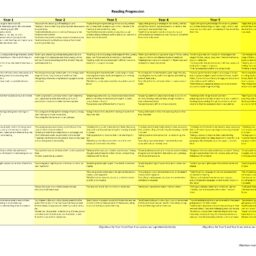 |
Reading-progression.pdf
Reading progression.pdf application/pdfReading progression.pdf Open Download Copy Link 487.1 KB 2023-10-23 23 October 2023 2023-10-23 23 October 2023 |
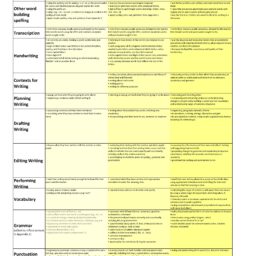 |
Writing-Progression.pdf
Writing Progression.pdf application/pdfWriting Progression.pdf Open Download Copy Link 599.34 KB 2023-10-23 23 October 2023 2023-10-23 23 October 2023 |
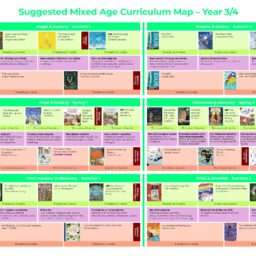 |
Year3-and-4-Long-Term-Plan.pdf
Year3 and 4 Long Term Plan.pdf application/pdfYear3 and 4 Long Term Plan.pdf Open Download Copy Link 2.72 MB 2023-10-23 23 October 2023 2023-10-23 23 October 2023 |
5
Overview
At Town End Junior School, we believe that literacy and communication are key life skills. Pupils are given opportunities to develop these skills through an integrated programme of Speaking and Listening, Reading and Writing. As part of the Tibshelf Schools Federation, we work in partnership with our colleagues at Tibshelf Infant School. This ensures that skills are developed by the pupils in Key Stage One and built upon in Key Stage Two. We intend to develop a love of literature through widespread reading and writing for enjoyment.
Through our lessons, we aim to demonstrate our investment in embedding English within other subjects in the curriculum and focus on developing the key aspects of learning through English. We are committed to providing our students with a high-quality English education that fosters a love for Spoken Language, Reading, Writing, Spelling, Vocabulary, Grammar and Punctuation.
As a school, we aim to ensure that all children:
- read easily, fluently and with good understanding
- develop the habit of reading widely and often, for both pleasure and information
- acquire a wide vocabulary, an understanding of grammar and knowledge of linguistic conventions for reading, writing and spoken language
- write clearly, accurately and coherently, adapting their language and style in and for a range of contexts, purposes and audiences
- use discussion in order to learn; they should be able to elaborate and explain clearly their understanding and ideas
- are competent in the arts of speaking and listening, making formal presentations, demonstrating to others and participating in debate